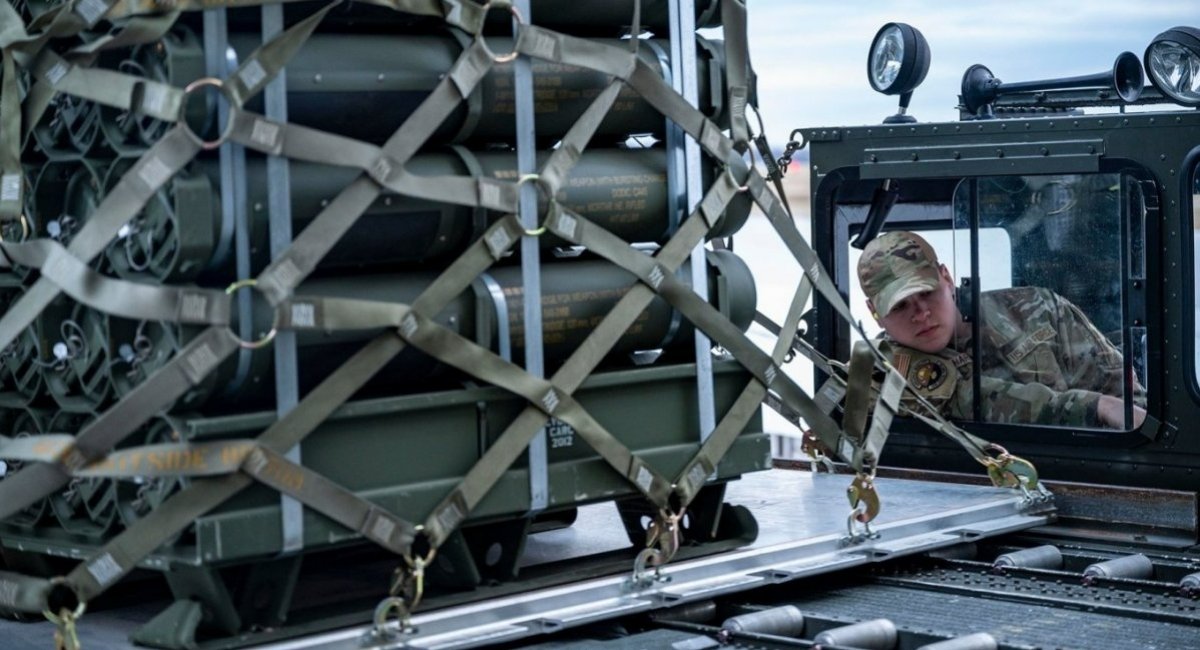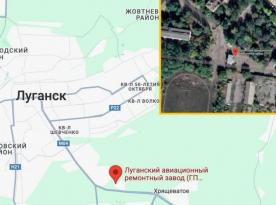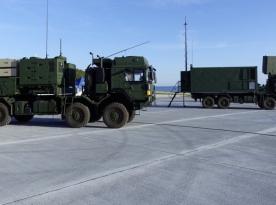Following the confirmation by White House Deputy Press Secretary Anna Kelly that the United States had suspended the provision of security assistance to Ukraine, Ukrainian ministries are still waiting for official confirmation during an invited telephone conversation. As it turned out, there were no prior warnings from Washington about this decision.
The Ukrainian Ministry of Defense said this adding that "we will further inform on the results of contacts with our American partners at the level of the Ministry of Defense of Ukraine and the Ministry of Foreign Affairs of Ukraine."
Read more: U.S. Marines Discard Uncrewed Tomahawk Launcher Citing Low Mobility
Meanwhile, the said foreign ministry is also engaged: Deputy Foreign Minister Mariana Betsa and John Ginkel, Deputy Chief of Mission at the U.S. Embassy in Ukraine, met to discuss the issue. The follow-up statement did not clarify whether the transfer of aid had actually been suspended. It only reiterates the importance of the aid itself, and that "delaying support for Ukraine's defense capabilities would only encourage the aggressor to continue war and terror, rather than seek peace."
On Wednesday, July 2, at the request of Foreign Minister Andrii Sybiha, the U.S. Chargé d'Affaires ad interim in Ukraine, John Ginkel, was invited to the Ministry of Foreign Affairs of Ukraine.The main topic of the conversation with the American diplomat was U.S. military… pic.twitter.com/RDqZP0m4HK— MFA of Ukraine (@MFA_Ukraine) July 2, 2025
All in all, if the Trump administration did stop sending military aid to Ukraine, it came as a surprise for the diplomatic mission. However, the same happened in the past, not too long ago: in March 2025, the U.S. had already suspended aid to Ukraine, just like that, without any warning.
For a reminder, on March 3–4, several Western media outlets published insider information that the White House was discussing the possibility of a complete or partial suspension of arms aid to Ukraine — not only new provisions but also those signed by Joe Biden during his presidency, primarily the ones procured via the long-term USAI program. Technically, it is possible, since from the formal standpoint, the customer for the arms is the U.S. Department of Defense acting as the intermediary and executive of supplies to Ukraine.
The situation was clarified rather quickly, on March 4, as soon as the Polish Prime Minister Donald Tusk confirmed that the aid stopped flowing through the transit hub in Rzeszów. In addition, the Pentagon then stopped providing intelligence, as confirmed on March 5 by CIA Director John Ratcliffe.
The pause in arms and intelligence provisions lasted until March 11–12. At that time, it was the leverage to pressure Ukraine into negotiations with russia, or rather, listening to a series of russian federation's ultimatums. Some assumed it was revenge for the scandalous meeting of the U.S. and Ukrainian presidents in the Oval Office on January 30, which was tied to pushing Ukraine into an agreement on rare earth metals. Notably, throughout the entire week it lasted, Kyiv did not officially comment on this situation.
But in May, insiders leaked to the media that, in fact, the decision to suspend aid in March was made personally by the U.S. Defense Secretary Pete Hegseth. Allegedly, it was an order from the U.S. Transportation Command to suspend the execution of missions until further notice, while Donald Trump, they say, did not issue any orders. Moreover, this came as a surprise to other officials, who began to work around the situation as it unfolded.
Read more: Explosion Hits russian Shadow Fleet Ship in the Mediterranean Sea














